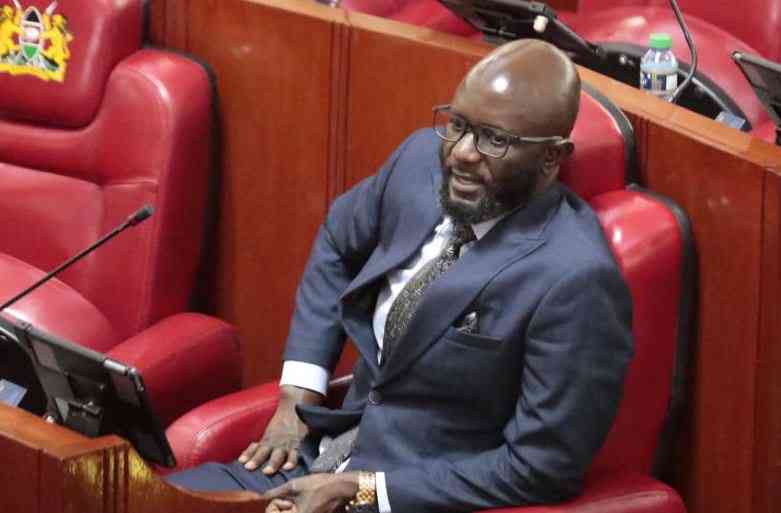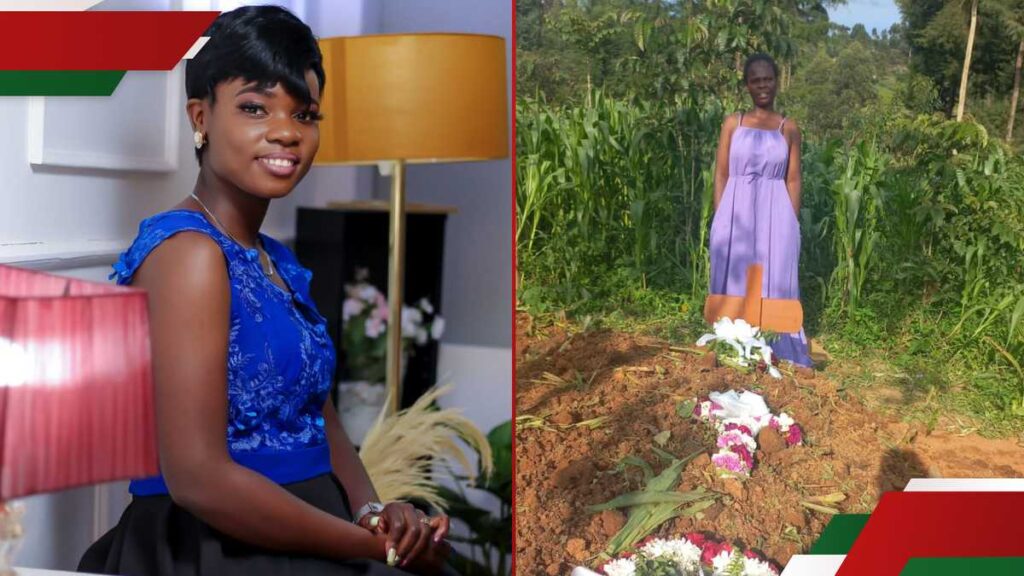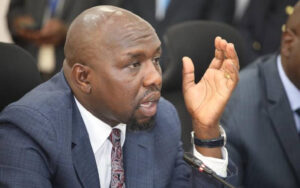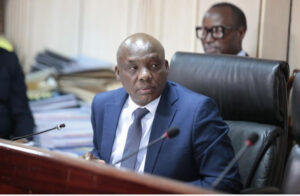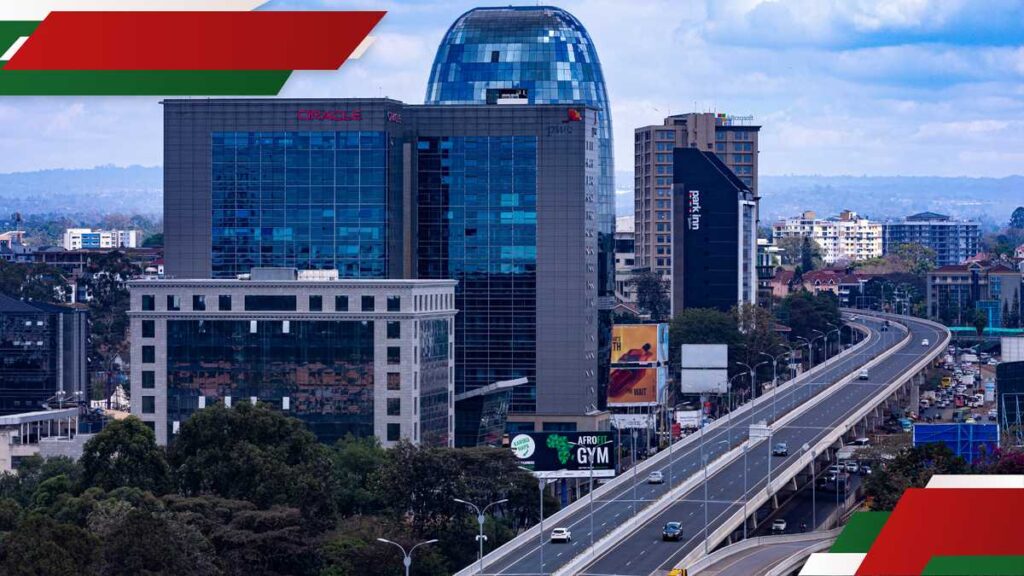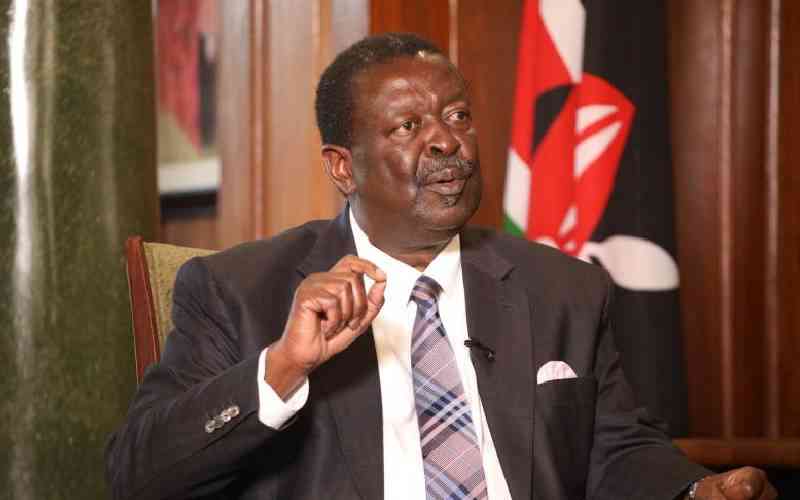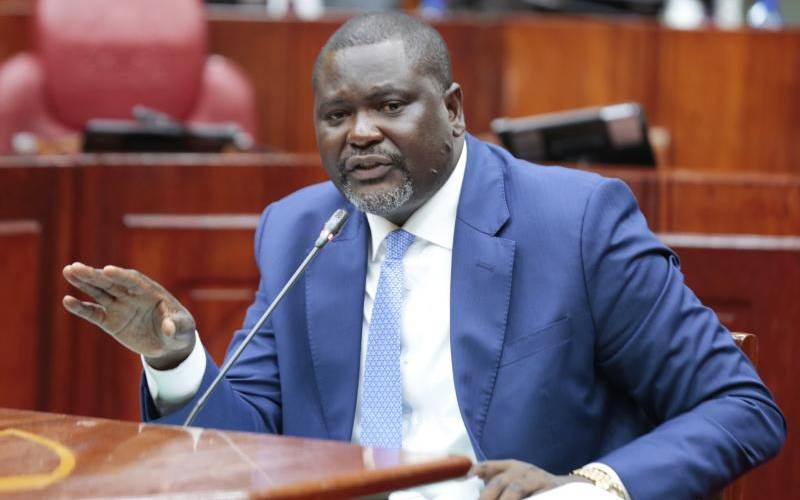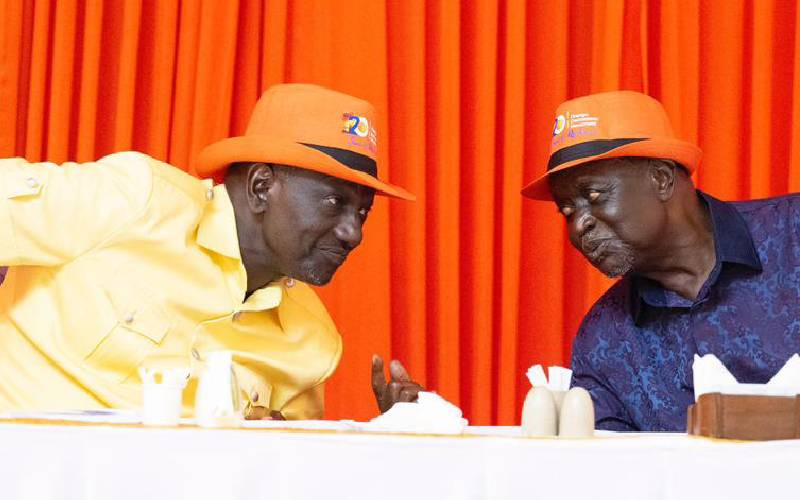The two Houses of Parliament are on a collision course following a move by the National Assembly to reject a bid by governors to increase the county government’s equitable share of revenue to Sh536.8 billion.
On Tuesday, the Division of Revenue Bill 2025 sailed through the second reading stage in the National Assembly, reigniting the rivalry between the two Houses over the Bill.
The Bill, proposed by the Budget and Appropriations Committee, recommended the approval of Sh405.1 billion as the equitable share, with Sh10.58 billion allocated for the equalisation fund. The national government’s share was recommended at Sh2.42 trillion.
This was despite a push by the Council of Governors to have the equitable share increased to Sh536.8 billion to cover expenses such as enhanced contributions to the National Social Security Fund (NSSF), housing levy deductions, matching funds for county aggregation industrial parks, and funding for community health promoters.
The Council, in its submissions before the Sam Atandi-led Budget Committee, had also proposed that the arrears for the Equalisation Fund be added to the counties’ equitable share.
“The Council of Governors submitted that the arrears reduce the sharable revenue and proposes that it should only be included in the Appropriation Bill,” reads a report by the committee on the Bill.
Instead, the Budget Committee backed a proposal by the National Treasury that the equitable share be pegged at Sh405.1 billion due to factors such as the continuous underperformance of revenue by the end of the fiscal year, increased expenditure for debt servicing, and limited access to external and internal borrowing.
“The committee noted that the government continues to experience a shortfall in revenue collection, including external resource mobilisation, on account of lower-than-expected economic growth. These shortfalls have compelled the government to adopt fiscal consolidation measures, including budget cuts and expenditure growth containment in the national government,” stated the report.
“The committee further noted that lower ordinary revenue continues to impact the allocation to county governments. This situation is further complicated by high public debt service expenditure,” it added.
It also noted that the proposed equitable share to counties by the Council of Governors was partly premised on the fourth basis for sharing revenue “despite the fact that the formula is yet to be approved by Parliament.”
“The committee therefore observed the need to delink the process of vertical sharing of revenue between the two levels of government, as mandated by Articles 202, 203, and 218(1), from the horizontal sharing of revenue among the 47 counties as per Article 217 of the Constitution,” it further stated.
The National Treasury had submitted to the committee that the figure of Sh405.1 billion as the equitable share was determined after considering the mandatory expenditures under Article 203(1) of the Constitution, which are to be financed in the 2025/26 financial year.
It also submitted that, since the national government bears the burden of revenue underperformance, this has resulted in constrained resources for the national government.
With every indication that the House will adopt the Bill by approving its passage through the third reading, the Senate is expected to engage in a pushback against the decision.
Stay informed. Subscribe to our newsletter
The Division of Revenue Bill 2025 could be headed for mediation soon as it reaches the Senate, going by a previous recommendation by the Senate Finance and Budget Committee that the counties’ equitable share be reviewed upwards.
During the consideration of the Budget Policy Statement last month, the committee recommended that counties be funded to the tune of Sh465 billion in equitable share for the coming financial year.
The committee, led by Senator Ali Roba, said its recommendation was informed by prevailing economic conditions in the country, such as general economic performance, expected revenue, and inflation factors, among others. It also cited the non-discretionary expenditures from the national government’s priorities that are expected to be implemented by the counties.
The committee further explained that the proposed allocation, based on the approved Division of Revenue Act 2024, which contained an allocation of Sh400.01 billion, was adjusted by an inflation factor of 4 per cent to give Sh16.1 billion. This, it said, normally covers the additional growth in sharable revenue and the general inflation in the economy. Similarly, the committee added non-discretionary expenses to be borne by counties.
“The BPS proposal of Sh405.1 billion for counties does not account for rising non-discretionary commitments such as the housing levy and social health insurance,” read the report in part.
The House team further urged the National Treasury to fully integrate these obligations when determining the county equitable share for the 2025/26 financial year and the medium term.








